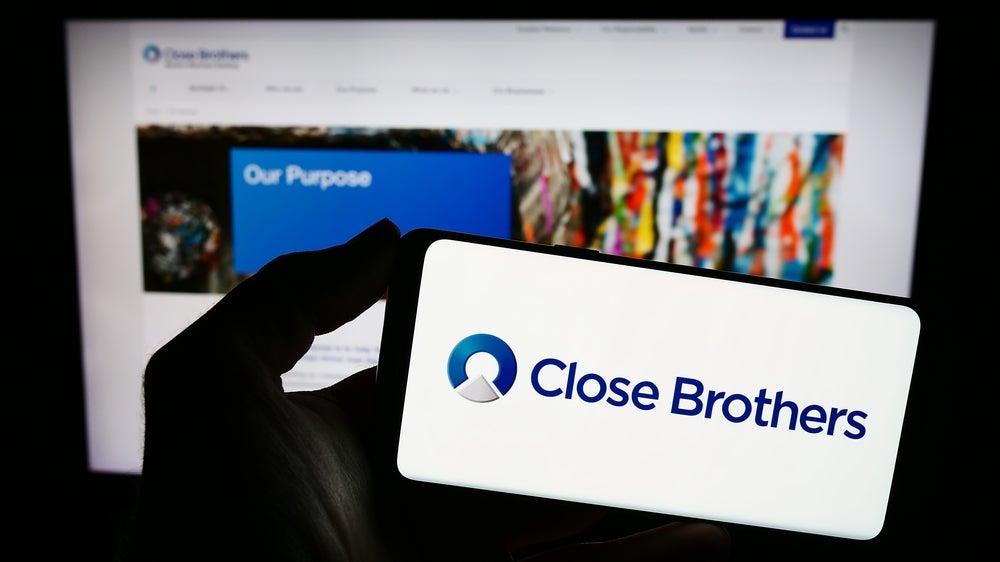
Multi-bid fleet acquisition policies are becoming an important method of cost savings for fleet managers in a post-pandemic business environment.
Motor Finance catches up with Keith Allen, author of a new whitepaper from CBVC on The Benefits of Multi-Bid Vehicle Funding, to discuss the importance of cost optimisation across the industry right now – and how multi-bid acquisition can help firms save precious pennies.
“Multi-bid has always been the most cost-effective way to lease vehicles in terms of getting the best deal,” says Allen. “The reason it is relevant now is because of the pandemic and the lockdown. Businesses are reassessing where they are in terms of procurement and cost optimisation. If you are running a fleet of vehicles then the advice is do not get into sole supply.
“When we’re in a climate of uncertainty, especially in terms of credit, businesses should avoid putting all of their eggs in one basket. You need to have a portfolio of leasing providers as you never know when someone might turn off the supply.”
With multi-bid acquisition a business can competitively procure quotes from one fleet management company or leasing broker with a panel of approved lease companies. Firms can see leasing rate reductions of up to £20-£50 per month cheaper than other methods and a reduced exposure to risk.
“Relying on one provider puts you at risk of ‘rate creep’ along with exposure to their risk profile. Both factors can severely impact business contract hire rental rates. By spreading your risk over a panel of funders eliminates these risk elements,” adds Allen. “Using a fleet management provider that has the ability to deliver multi-bid acquisition, provides one point of contact but transparent pricing, reduced lifecycle costs and enhanced service levels.”
How well do you really know your competitors?
Access the most comprehensive Company Profiles on the market, powered by GlobalData. Save hours of research. Gain competitive edge.

Thank you!
Your download email will arrive shortly
Not ready to buy yet? Download a free sample
We are confident about the unique quality of our Company Profiles. However, we want you to make the most beneficial decision for your business, so we offer a free sample that you can download by submitting the below form
By GlobalDataNew perspectives
In setting residual values everyone is aware that vehicles do not depreciate in a straight line with the depreciation curve steep in the early period of a contract and becoming flatter over the period of time. Leasing companies will have different views on how a vehicle depreciates over time so even if they have the same residual value at 4 years and 80,000 miles, they may have a different residual value at 24 months and 36 months.
Consequently, when looking at leasing rates over a matrix of different terms and mileages, it is not always the case that one leasing company will have the cheapest rates over the varying terms.
“With the electric vehicle revolution, we’re also seeing technology change quite fast,” continued Allen. “Battery technology, the range and charge speed are improving all the time. What happens then is everyone will have a different view and a different risk perspective on it, especially when we’re still in an early phase in terms of battery technology and improvement.
“Some will be more aggressive on product as we are yet to see mass return on three-year-old electric vehicles in the used car market – so no-one really knows what the appetite is going to be like. So some leasing companies tend to take quite a prudent position, while others will be more aggressive.
“What the pandemic has done has accelerated the change that was going to happen. With people working from home and maybe going into the office once a week, the used market has been quite buoyant as people are turning away from public transport to more flexibility with a car.
“Companies also need to be more flexible in how they approach things and they need to optimise on cost. They’ll want a more optimal fleet size, less long-term vehicles etc. All this talk of mobility might actually come to fruition at long last because firms are realising they need more flexibility.”
Varying rates
Leasing company rates can vary significantly at any point in time for various reasons. If you are running a fleet of say 400 vehicles, then over a four-year term you could potentially be saving over £380,000 based on saving £20 per month per vehicle by adopting a multi-bid approach to procurement.
Allen says that many companies and HR departments are sold the dream of sole supply, with leasing companies promising to take care of everything. “Once a person commits to a 3-5 year deal, the leasing company can just rate-creep by moving residual values.
“It’s easy for a leasing company to make money out of corporates because you let the leases overrun – only 30% of vehicles come back on time. Leasing firms are quite happy with that because they make their income through the additional fees.
“It’s through that lack of knowledge of how leasing works from a corporate perspective that people just buy into comfort. And some people just want to deal with one account manager. With multi-bid you are dealing with one business which is managing it on behalf of you – so all you are doing is outsourcing multi-supply to a broker or fleet manager.
A simple decision
The main benefit of adopting a multi-bid approach is price transparency where leasing companies are consistently having to bid on a vehicle by vehicle basis for business so that competition remains in place throughout a contract period.
Also, especially in the current market, it ensures that a business has more than one line of credit and is not over-dependent on one leasing supplier. The multi-bid approach is also relevant when using other finance products such as finance lease and is also the methodology adopted by leasing brokers when marketing private contract hire to consumers.
Brokers are effectively sourcing the best deals in terms of vehicle acquisition price from the dealer networks as well as sourcing the best finance rates from funders. One of the primary reasons for the increase in private contract hire is not just the simplicity of the product and the move to a usership model but the fact the premium brands have been made affordable through competition facilitated by brokers.
Allen concludes: “What companies cannot do is get rid of people if they are not doing the basics of cost-saving. You have to be protecting jobs and if you are just wasting money because you do not procure efficiently, then that’s just a sin.”
Keith Allen is an experienced industry executive with more than 25 years working in vehicle financing and asset management. With a background in accounting and finance, he became a sector consultant in 2019 following seven years as managing director of ARI Fleet. Prior to this he spent 17 years at ALD Automotive Group, latterly as managing director for 13 years and formerly finance director for four years.







